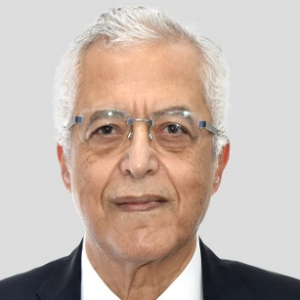Metamyelocytes
Metamyelocytes are a stage in the maturation of granulocytes, a type of white blood cell involved in the immune response. These cells arise from myelocytes, which are precursor cells in the bone marrow. Metamyelocytes represent an intermediate stage between myelocytes and mature granulocytes. They are characterized by the nucleus undergoing segmentation or lobulation, a feature that distinguishes them from earlier stages. Metamyelocytes primarily develop into neutrophils, a subtype of granulocytes important for combating bacterial infections. The maturation and release of metamyelocytes into the bloodstream are part of the regulated process of hematopoiesis. Increased numbers of metamyelocytes in the blood may indicate various medical conditions, including infections or disorders affecting the bone marrow. Recognizing and quantifying metamyelocytes in blood smears are essential for diagnosing and monitoring certain hematological conditions. Understanding the dynamics of granulocyte maturation, including the transition through the metamyelocyte stage, contributes to our knowledge of the immune system's functionality and provides valuable information for clinical assessments of hematopoietic health. Ongoing research continues to explore the molecular mechanisms regulating granulocyte development and differentiation, with potential implications for therapeutic interventions in hematological disorders.

Nagy Habib
Imperial College London, United Kingdom
Lucie Bacakova
Institute of Physiology of the Czech Academy of Sciences, Czech Republic



Title : AI-integrated high-throughput tissue-chip for space-based biomanufacturing applications
Kunal Mitra, Florida Tech, United States
Title : Stem cell technologies to integrate biodesign related tissue engineering within the frame of cell based regenerative medicine: towards the preventive therapeutic and rehabilitative resources and benefits
Sergey Suchkov, N.D. Zelinskii Institute for Organic Chemistry of the Russian Academy of Sciences, Russian Federation
Title : In vitro evaluation of lyophilized Dedifferentiated Fat cells (DFAT) impregnated artificial dermis
Kazutaka Soejima, Nihon University, School of Medicine, Japan
Title :
Nagy Habib, Imperial College London, United Kingdom
Title :
Alexander Seifalian, Nanotechnology & Regenerative Medicine Commercialisation Centre, United Kingdom
Title : The regenerative medicine of the future
Marco Polettini, DVM, Italy